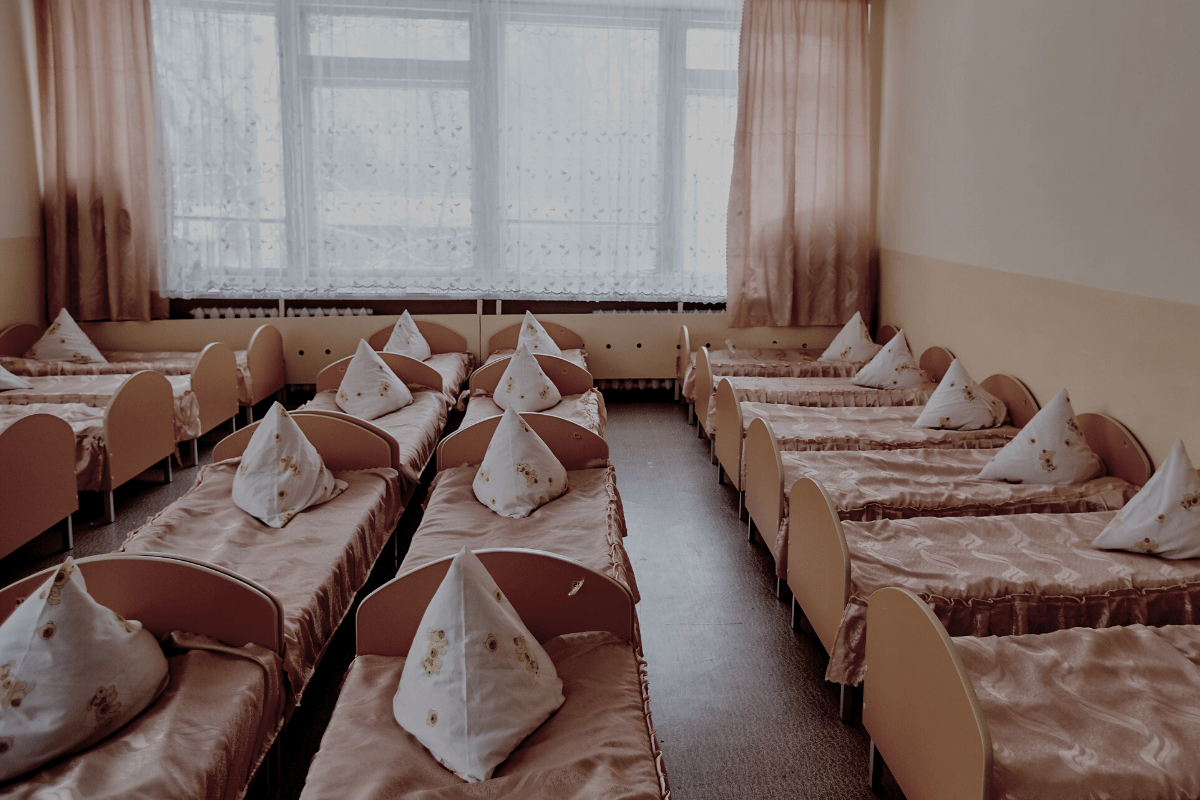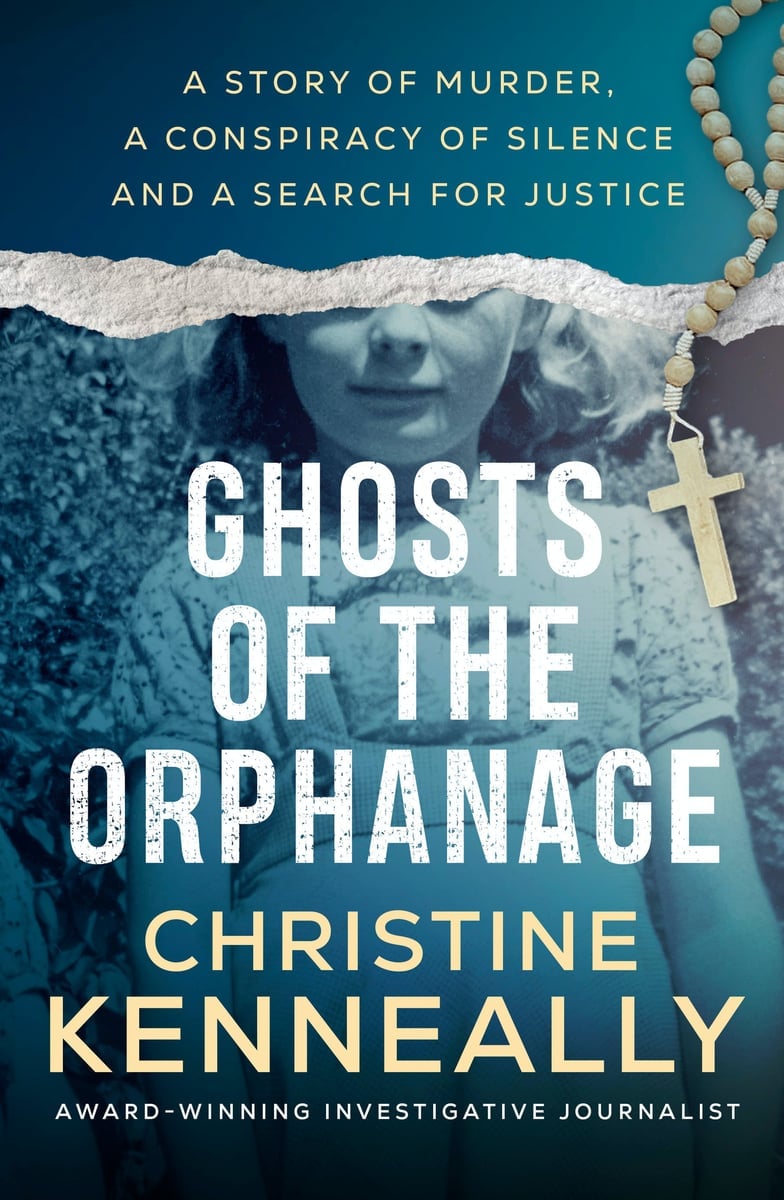
This is an extract from Ghosts Of The Orphanage by award-winning journalist Christine Kenneally, published by Hachette Australia.
It is a shocking exposé of the dark, secret history of Catholic orphanages - the violence, abuse, and even murder that took place within their walls - and a call to hold the powerful to account. Centreing on St. Joseph's, a Catholic orphanage in Vermont, Kenneally investigates and shares the stories of survivors.
This case is also featured in Mamamia's True Crime Conversations podcast this week.
...
Content warning: This story includes graphic depictions of violence that may be distressing to some readers.
It was a freezing day in January 2016 when I passed through a long-locked door and first set foot into what had once been St. Joseph's Orphanage. The beautiful, spooky old hulk of a building was dark and frigid, and as I walked through the hallways, the sound of my feet against the worn wood floors was amplified in the long corridors.
In the cold winter light, the basement dining room, once an optimistic yellow, had an uneasy green tinge. Here and there the paint blistered. I tried to picture all the children sitting here at their little tables, eating their food and keeping their heads down, dreading the consequences if they got sick.
I walked up the stairs, above the lattice-panel doorway that led to the confessional, past the polished wood posts, past exposed brick and moldering mortar.

